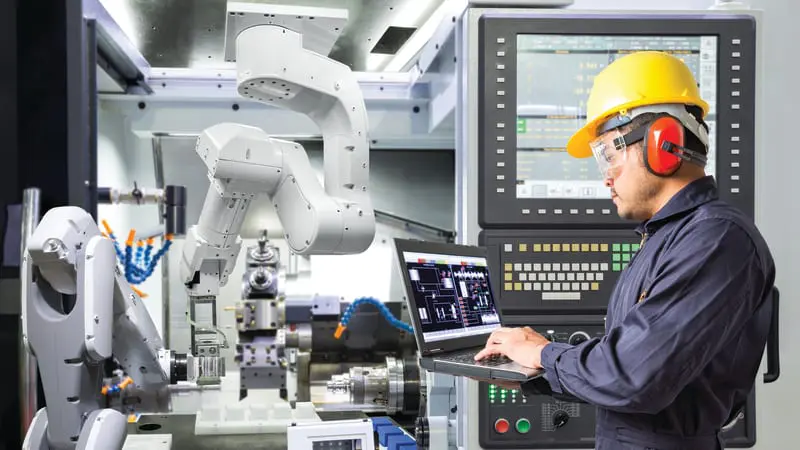All students are required to bring their own notebooks for lessons. You may refer to the required technical specifications for notebook HERE.
| REGISTRATION PERIOD APPLICATIONS CURRENTLY CLOSED |
|||
| COURSE DATE | 21 Apr 2025 - 19 Apr 2026 | COURSE DURATION / FREQUENCY | 3 hours/session (2 days/week) |
| MODE OF LEARNING | Facilitated Learning (Face-to-Face/ Online Synchronous) and Asynchronous E-Learning | COURSE VENUE | Temasek Polytechnic |
Recognising the gravity of environmental concerns, many green initiatives have been introduced at a rapid pace in recent years.
The Specialist Diploma in Environmental Technology & Energy Sustainability will equip learners with the knowledge and skills to support the continued growth of the new sustainable economy in Singapore, particularly in the areas of energy management and sustainability. Relevant modules on “Plant Utilities System & Pollution Control” and “Motor System & Renewable Energy”, will be introduced to support the growing demand for trained professionals as part of Singapore’s green initiatives, especially in the area of environmental care and energy sustainability.
* Modules are offered by School of Engineering.
Modes of Assessment
The assessment would be based on a combination of coursework components such as written and practical tests, case studies, assignments and projects.
For more information on course fee / schedule, or to apply,
Entry Requirements
| A Polytechnic Diploma or ITE Technical Diploma / Technical Engineer Diploma / Work-Learn Technical Diploma in Science, Technical, Engineering, Math (STEM) or equivalent |
| OR |
| A Bachelor’s Degree or equivalent |
| OR |
A Post-Secondary Certificate AND with at least 3 Years of relevant working experience |
Course Contact
- Mainline 67881212
-
Monday - Thursday: 8:30am - 6:00pm
Friday: 8:30am - 5:30pm
Closed during lunchtime, 12:00pm - 1:00pm
and on weekends and public holidays. - https://www.tp.edu.sg/tsa
-
Temasek SkillsFuture Academy (TSA)
Temasek Polytechnic
East Wing, Block 1A, Level 3, Unit 109
21 Tampines Ave 1
Singapore 529757
Temasek Polytechnic reserves the right to alter the course, modify the scale of fee, amend any other information or cancel course with low enrolment.

-Industry-Ready.webp)
-Learn-From-Experts%202.webp)
-Unique-Course-Provider.webp)








